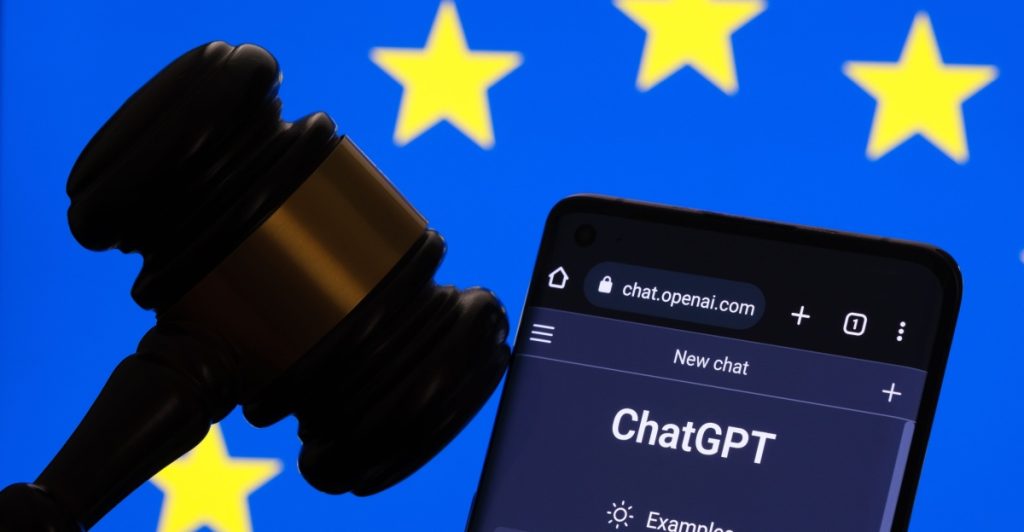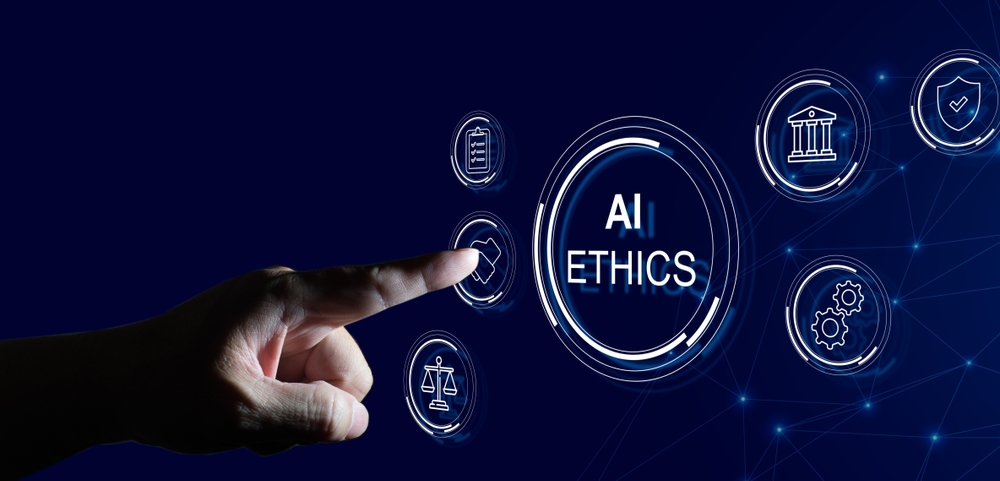Tech Giants May Benefit from Simplified EU AI Rules
Others are reading now
Big tech companies like Apple and Meta Platforms may see some relief in Europe as the European Commission reviews its artificial intelligence rules.
The EU is looking to simplify the AI Act, its first major law regulating artificial intelligence, after two years of criticism from industry and the US government, reports Digi24.
Digital Omnibus

An internal draft document, seen by Reuters, outlines the proposed changes. It is called the “Digital Omnibus” and will be formally presented by European Commissioner for Technology Henna Virkkunen on November 19.
The document calls for “targeted simplification measures” that would make the rules easier to apply and less costly for companies.
Changes

One proposal would remove the obligation to register certain high-risk AI systems in the EU database if they are used only for small or procedural tasks.
Also read
Another change would introduce a one-year grace period. During this time, authorities could not apply sanctions. The period would last until August 2, 2027.
Labels on AI-Generated Content

The EU is also considering delaying the mandatory labeling of AI-generated content. This measure is intended to fight deepfakes, misinformation, and disinformation. Authorities would roll out the labeling requirement gradually over a transition period.
These changes follow a pattern. The European Commission recently eased several environmental regulations after pushback from businesses and the US government.
If the AI Act adjustments are approved, tech giants could gain some much-needed flexibility.
An Expensive Act

Big Tech has often criticized the AI Act for being too complex and expensive to comply with. Apple, Meta, and others have argued that the legislation could slow innovation and increase administrative burdens.
Also read
The proposed revisions would give these companies more breathing room while still keeping the law’s main goals intact.
Responsible Tech

The AI Act remains a landmark effort. It aims to regulate artificial intelligence across Europe and ensure safe, responsible use of these technologies.
But the new draft shows that regulators are listening to industry concerns and are willing to ease rules that might be overly rigid.
Companies and observers will now watch closely. The changes could shape how AI develops in Europe and influence global standards. A smoother, clearer framework may encourage innovation while keeping safeguards in place.


